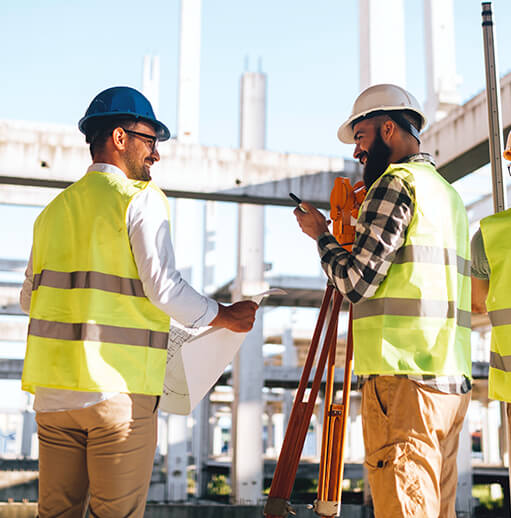
In episode 300 of Workplace Innovator podcast, host Mike Petrusky welcomes back past guests Kay Sargent of HOK, Geoff Snavely of MilliCare, and Sarah Sims, CWP of Earthjustice to help mark the milestone.
And what a journey it’s been: 300 episodes, hundreds of insightful guests, and hundreds of thousands of listens over the last 6 years!
Mike and the panel of experts explored challenges and changes in the industry, the impact of technology, and the enduring importance of human-centric leadership. They also took time to reflect on the history of the podcast and how it has evolved from the early days of being recorded in Mike’s basement.
Agenda
- Reflections on the evolution of the workplace
- Impacts of technology and artificial intelligence (AI)
- Importance of human-centric design and leadership
What you need to know: workplace takeaways
Takeaway 1: The continuing importance of the human factor in the evolving workplace
The panel emphasized that while technology and innovation have significantly changed many aspects of work, the fundamental human need for connection and meaningful relationships remains unchanged. Improving the workplace starts with understanding all the places human behavior plays a key role.
Sims stressed the need to consider how companies ask employees to connect. “We have to be thinking about how long a user is in a conference room having a meeting with someone in another part of the country … We have to be thinking about how they are engaging when they’re in that space.”
Snavely encouraged everyone to look more closely at what’s creating disconnections. He brought up the subject of biases, challenging everyone to better understand how their beliefs affect interactions in the workplace. “I think if we all do that, we’re going to get to a better place.”
Takeaway 2: The need for balance in the rapidly evolving workplace
The panel then discussed the rapid changes in the workplace, focusing on how some new technologies have blurred the lines between work and personal life. While there are new opportunities for increased productivity and flexibility, creating a work-life balance that supports employee well-being is becoming more challenging.
Sargent expressed worry about people spending significantly more time on digital platforms. “We are going to be doing it for longer. And it’s 24/7. It never stops … it’s overwhelming.”
Sims agreed, stressing the need for workplaces to evolve to better support employees, both in terms of their work and well-being. “We should be prepared for what technology can give and what technology cannot replace.”
Takeaway 3: The role of technology in shaping the future of work
The discussion also touched on the role of technology in shaping the future of work, with the panelists expressing both excitement and caution about the potential impact of advanced technologies such as AI. They emphasized the need for a nuanced and balanced approach to technology adoption, considering both the opportunities and challenges it presents.
Sargent says there are risks, but acknowledged the benefits of AI, suggesting that it could potentially increase productivity and allow for a more sustainable approach to work.
Sims also spoke about the importance of digital well-being in the modern workplace, explaining that leaders need to consider not just physical ergonomics, but also how long employees are spending in digital meetings and how this is impacting them. “We also have to be thinking about their development, their social, the social aspects of well-being in the workplace.”
Workplace insights
- The office is a crucial place for building and reinforcing culture.
- Trust and engagement are key elements in a successful workplace.
- Leaders must understand and address the human side of their teams.
- The future of work should focus on human sustainability and well-being.
Listen to the full podcast here.
Go deeper. Dive into more episodes of Eptura’s Workplace Innovator.


